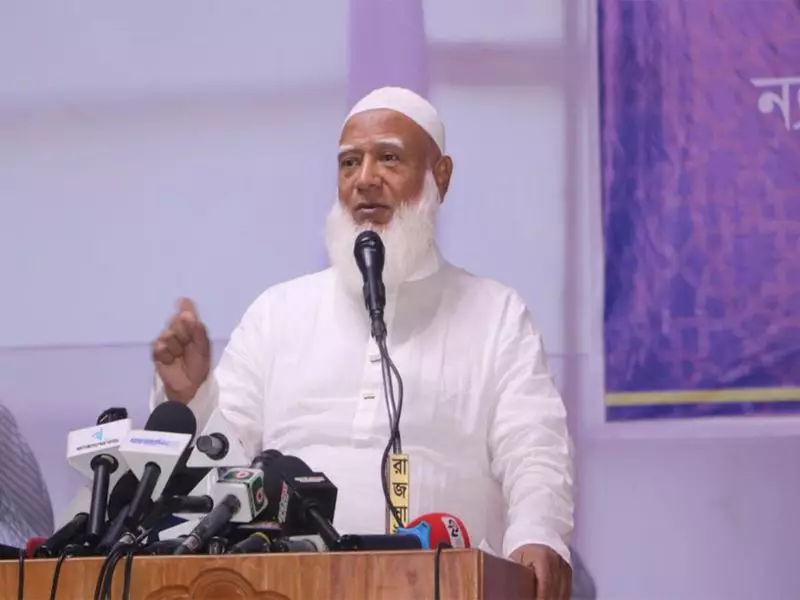
In a significant political development that could reshape Bangladesh's electoral landscape, Jamaat-e-Islami chief Shafiqur Rahman has publicly sought forgiveness for what he described as "historical mistakes" committed by his party. This unprecedented move comes just weeks before the crucial February elections, signaling a potential strategic shift for the controversial Islamic party.
A Landmark Apology
During a recent press conference that captured national attention, Rahman made a heartfelt appeal to the Bangladeshi people. "We seek forgiveness from the nation for the mistakes the party made at different times in the past," he stated, marking one of the most significant political apologies in recent Bangladeshi history.
Election Strategy or Genuine Reconciliation?
Political analysts are closely watching this development, with many speculating about the timing and motivation behind the apology. The Jamaat-e-Islami, which has faced significant political challenges in recent years, appears to be repositioning itself ahead of the February polls.
Rahman emphasized the party's commitment to peaceful political engagement, stating they would "not create any obstruction to the election process." This assurance comes amid concerns about political stability during the upcoming electoral period.
Historical Context and Current Implications
The apology holds particular significance given Jamaat-e-Islami's controversial history in Bangladeshi politics. The party has faced various legal and political challenges, including being barred from participating in elections under its own banner.
Rahman's statement represents a potential turning point, suggesting the party may be seeking to rebuild its public image and political standing. The move could potentially open doors for broader political participation, though the ultimate impact remains uncertain.
What This Means for February Elections
As Bangladesh prepares for the February elections, this development adds a new dimension to the political landscape. The apology could influence voter perceptions and potentially alter political alliances in the coming weeks.
Political observers note that while the apology marks a significant shift in rhetoric, the practical implications for the party's electoral prospects and Bangladesh's broader political dynamics will depend on how various stakeholders respond to this olive branch.
The coming weeks will reveal whether this strategic apology translates into tangible political gains for Jamaat-e-Islami or represents a broader transformation in Bangladesh's political discourse.






